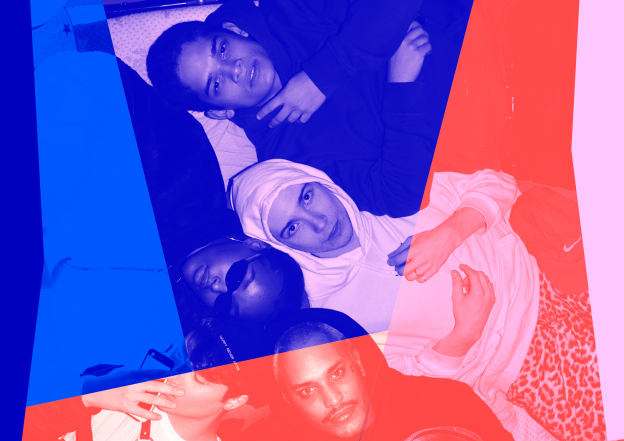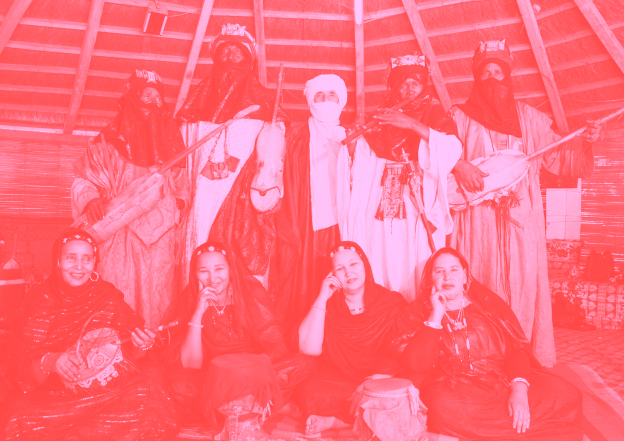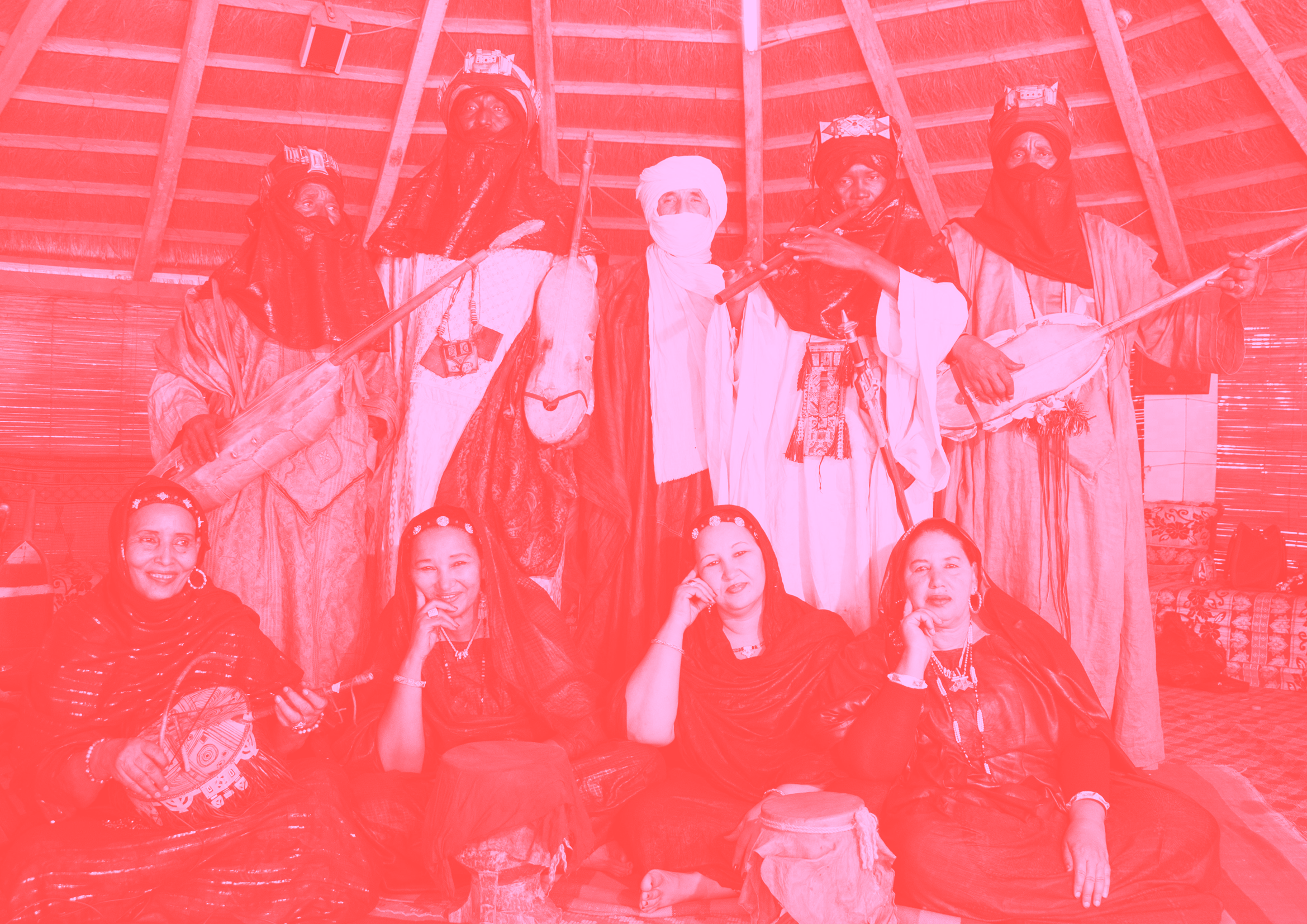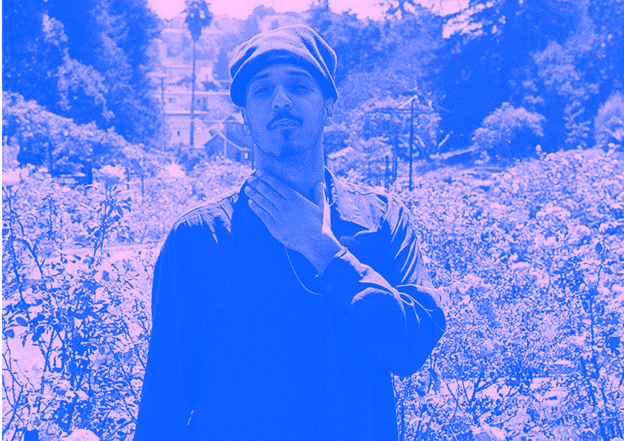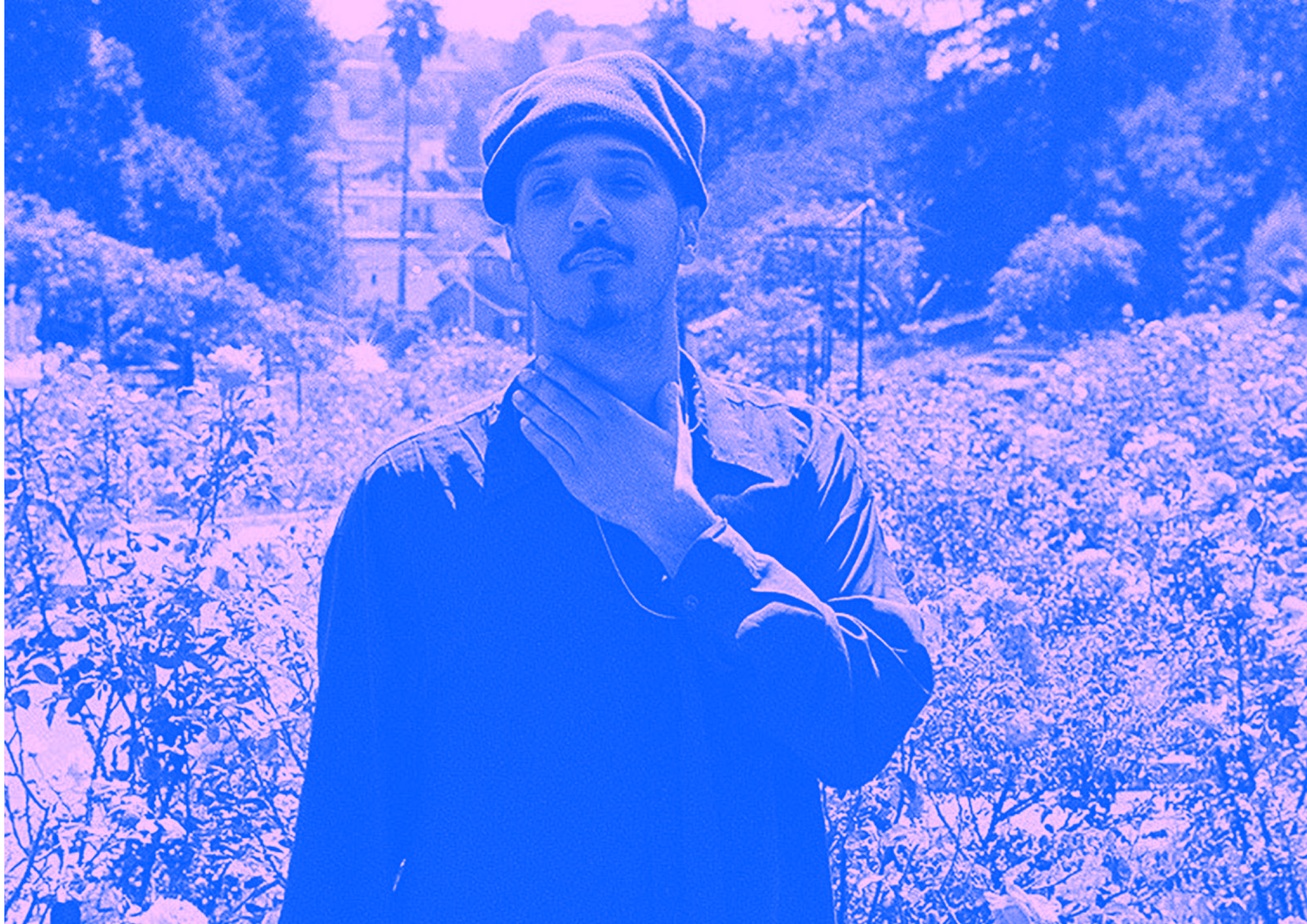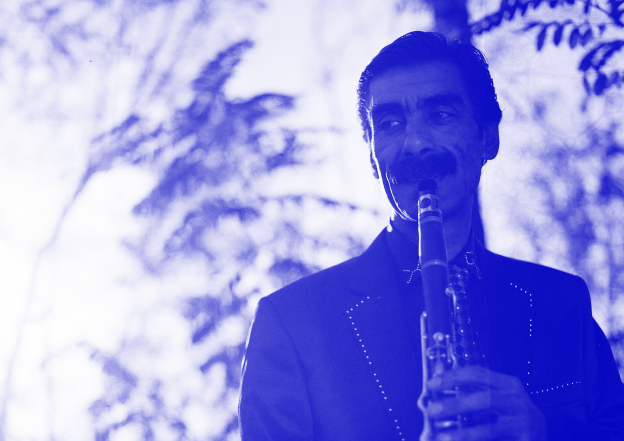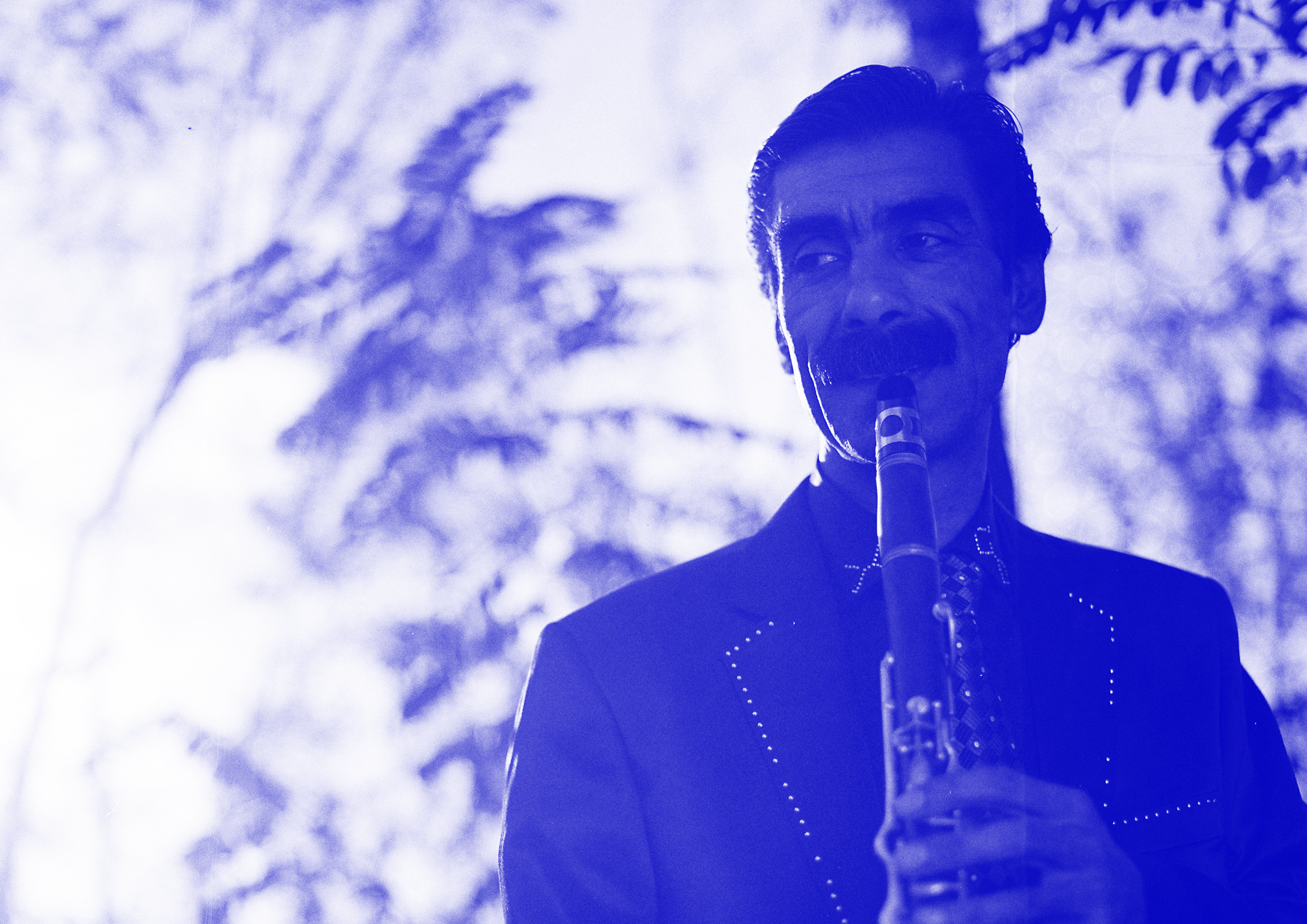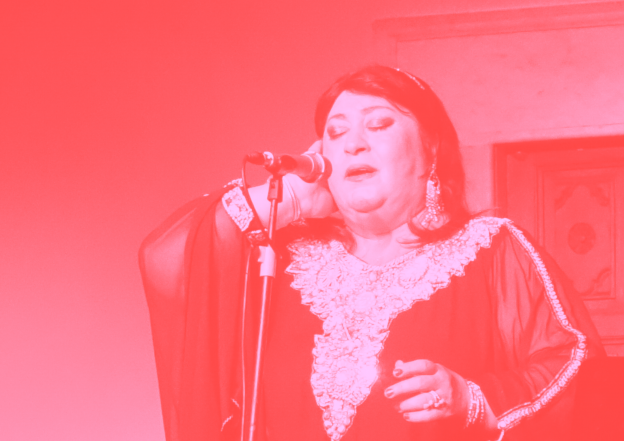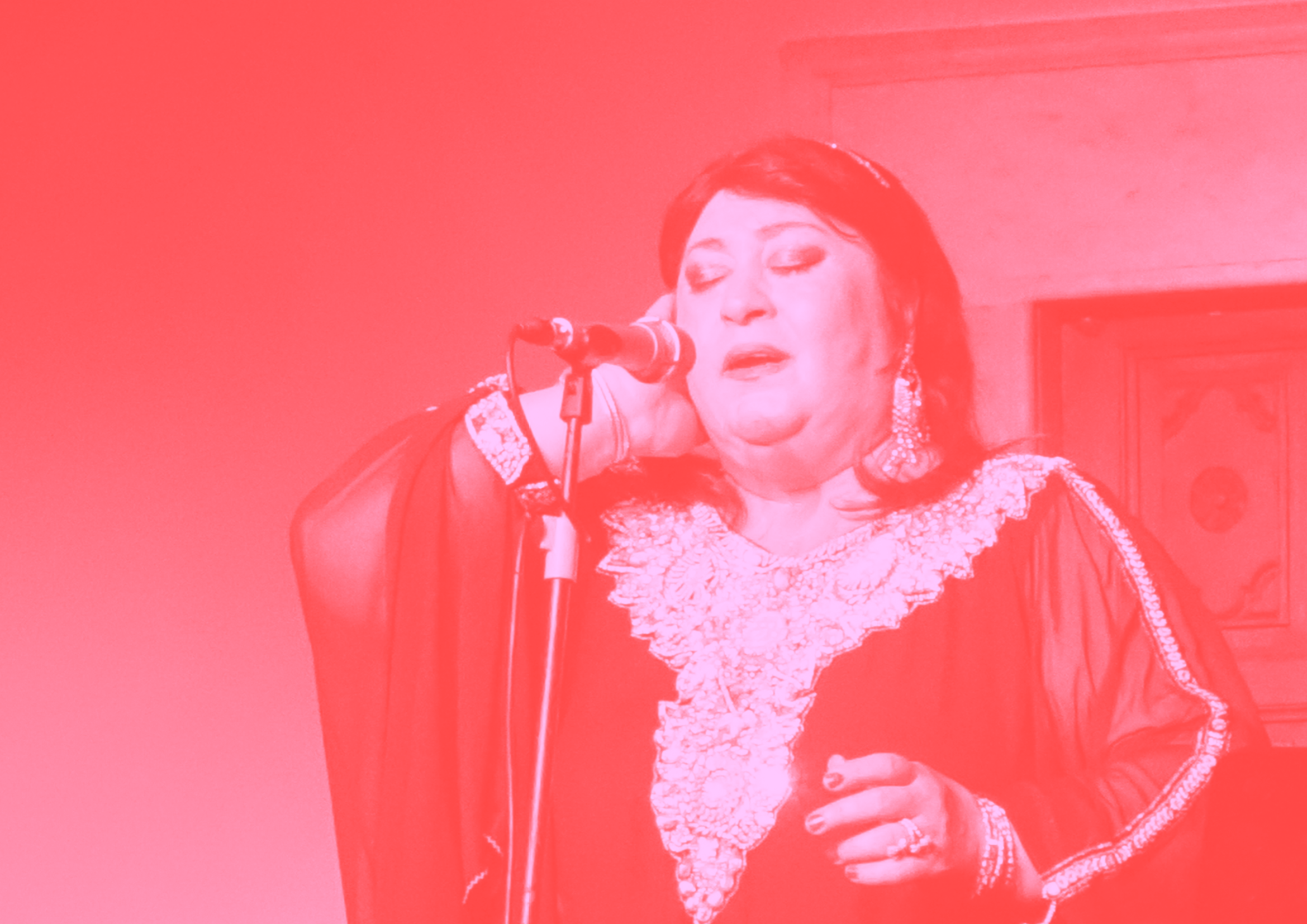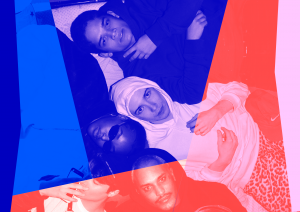
Trade Collective is many things. Club kids, producers, DJs, creators–family. Their backgrounds in the diaspora, they bonded early on in their friendship over their shared interest in music or, more precisely, the politics of today’s club music–with a desire to change it from within. With a broad variety of gigs stretching from Berlin to Toronto, the sweatiest warehouse clubs to after ski parties, they have played hundreds of gigs in the past year. With a shared agenda to change the norms of future club music, along with sharp mixes ranging from afrobeat, gqom, hip hop and reggeaton rhythms to industrial house beats, this quintet is distinguished from everything you might find on the Swedish club scene.
